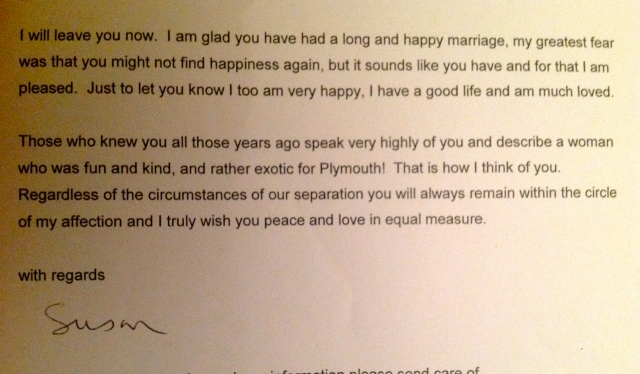Successive governments have sought to avoid addressing the issue of an ageing population in the UK. It is not surprising then that research suggests older people’s experience of ageing in the UK falls behind that of many of it’s European counterparts (WRVS,2012).
Growing old in the UK is not for the faint hearted when we consider research and inquiries over the last few years.
The Joint Committee on Human Rights (2007) inquiry into breaches of older peoples human rights in the UK suggests older people in hospital and residential care routinely receive inhumane and degrading treatment, whilst an analysis of outcomes for patients commissioned by the Royal Medical Colleges concluded inadequate hospital care for older people condemns many to death. The Health Service Ombudsman review of complaints pertaining to the care of older patients in hospital suggests the National Health Service (NHS) is inflicting pain and suffering on patients, citing examples of older patients leaving hospital with numerous physical injuries, mentally confused, soaked in urine wearing other people’s clothes held together with paper clips (2011). Sadly the report suggests the individuals discussed are ‘not exceptional or isolated cases’ and clearly indicates the attitude of staff was indifferent to those older people for whom they were supposed to care. More recently research from the Royal College of Surgeons (2012) found older people were discriminated against when being assessed for surgical treatment, with decisions being based on chronological age rather than clinical need. Bingham (2012) suggests the treatment of older people in care is now so bad that in many cases it meets the legal definition of torture. However, such treatment appears to extend beyond the confines of hospital and residential settings and into the community (Action on Elder Abuse,2007). The consequences of this are highlighted in research focused on older people’s understanding of Elder Abuse in Ireland entitled, ‘A Total Indifference to our Dignity’ which identified societal attitudes toward older people as having a negative impact on older individuals with the transition of an older person to a non-person, described as “Personhood Abuse” (Age Action Ireland,2011, p.46)
Understanding of the nature of abuse and maltreatment older people might experience now parallels that of child abuse. Referrals regarding abuse received by two adult social service departments suggests in England ‘Older people dominate the abuse landscape’ (Mansell et al, 2009). Experimental statistics regarding the abuse of vulnerable adults from the NHS Information Centre support this finding, where 61% of referrals were for older adults aged 65 and over (2012).
From a European perspective research findings suggest older people’s experience of ageing in the UK falls behind that of many of its European counterparts, with the UK performing most poorly on indicators such as income, poverty and age discrimination (WRVS,2012). The report states “the UK faces multiple challenges in providing older people with a positive experience of ageing, scoring poorly (although not always the worst) across every theme of the matrix” (WRVS, 2012, p.8).
This provides a troubling vision of older people’s experience of ageing in the UK.
Older people’s experience of ageing in the UK can be improved, and it is all of our responsibility to try and achieve this. However, we first need a coherent strategy to bring about the change desired by many who work with older people. Government in the UK tend to address issues associated with an ageing population in individual ‘silos’. Research from Europe suggests those countries taking a joined up approach where government consider how factors such as income, health, age discrimination and inclusion interact , the more successful policy approaches are likely to be to improve the experience of ageing. However, any action needs first to take a long term approach and have a strong ethical foundation founded on a clear understanding of, and agreement to, promoting older peoples equality and human rights across the political divide.
